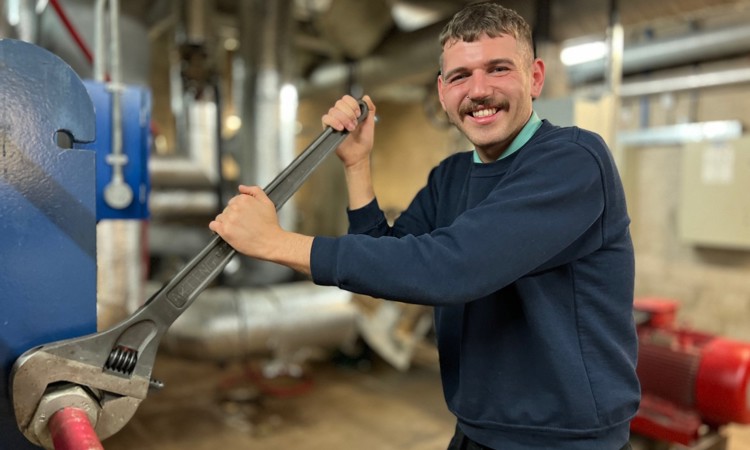Previous
Porter
You can become a portering supervisor by applying for a vacancy on our recruitment website.
Portering supervisors coordinate portering activities in healthcare settings. They make sure that:
The portering services team must be appropriately staffed at all times to maintain agreed service levels. Portering managers organise rotas, prioritise incoming tasks, and assign porters to achieve this.

To become a portering supervisor, you'll need a good standard of education. There are no specific entry requirements, but useful subjects include:
A working knowledge of portering services in a hospital site is essential.

You may find it helpful to get some healthcare experience by doing a work placement or volunteering. You’ll get training, increase your knowledge, and learn new skills. This could help you when applying to university, college or a new job with NHSScotland.
You'll maintain the smooth operation of the portering services team. This includes allocating staff and resources when needed and providing an efficient level of service to all departments in the hospital.
Tasks include:
You'll also have administrative duties related to a supervisory role. These include making sure quality and service levels are maintained, arranging staff training, authorising leave, and conducting performance reviews.
You'll need these skills:
Poertering supervisors work with:
You could work in:
You will be encouraged to develop your career in NHSScotland and will be given training such as:
During your career, you may be encouraged to study for additional qualifications, including:
With appropriate qualifications and experience, you can apply for more senior roles, such as a portering manager or support services manager.

Discover the skills and qualifications you’ll need for each role and what the work will be like.
Explore careers
We'll guide you through the recruitment process, from applying online to interview preparation.
Help with recruitment